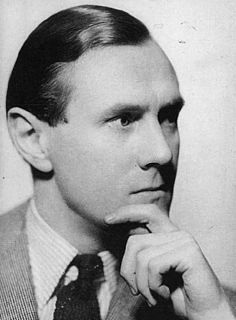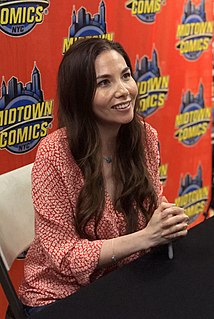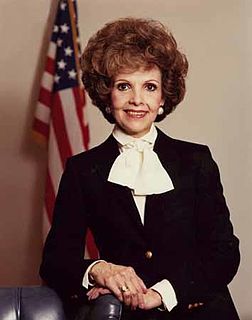A Quote by Patrick White
I continued writing the bad plays which fortunately nobody would produce, just as no one did me the unkindness of publishing my early novels.
Quote Topics
Related Quotes
I've felt pressure to produce long fiction for as long as I've been writing fiction. There's just an incredible bias in the publishing industry toward novels and away from short stories. They're seen as D.O.A. in the marketplace, which seems nuts to me, given that various collections done smashingly and deservedly well in economic terms.
I think that when you're writing plays, and I think it's also true with novels, it helps to have an ear for the music of language, for what we call poetry, for the sound effects and the way that the sound can produce sensual feeling at odds with or consonant with the content of the work. Your work is also gorgeous writing. It's very unfortunate when you open a novel that everybody's loving and it's just, you know, an excruciatingly bad sentence.
Eragon started as me but ended up evolving into his very own character, .. Even as he has gone through his coming- of- age story, the process of writing and publishing these novels has been my own coming- of- age story. There are parallels between my own experience and Eragon's, but fortunately, I don't have people charging at me with swords.
I started out writing romance novels, and that's a side of publishing that's very female oriented. 99.9% of the writers are women, most of the editors are women, and these are books written for the female gaze. And so my point of view - the way I looked at fandom and publishing and writing - was all about women. So for me that's what was natural, that's what was comfortable. And then I moved over to comics. And all of a sudden it was... Pardon the expression, it was a sausage fest.
I wasn't expecting [the Monk competition] would necessarily do that. So I just did what I did and some good things continued to happen and some doors continued to open and that kind of led me into the different associations that I developed in my 30s and some records that I've made on ArtistShare over the last 10 years or so.
Throughout my 20s I spent a lot of time just playing and not really working, but fortunately for me I continued to get just enough work, and have a reason to wake up in the morning. I really empathize with some of my peers who had success in the early years then it dries up, and so there's no reason to get up in the morning.


































